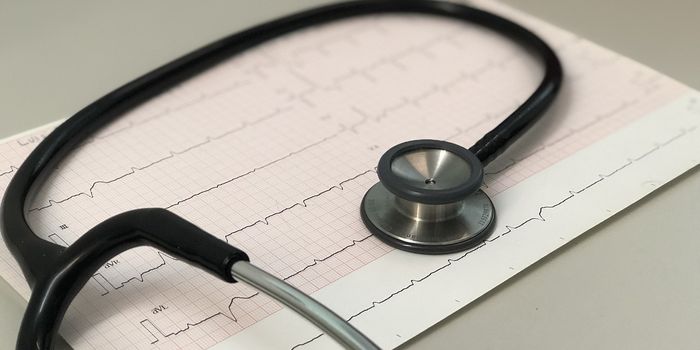Obesity's Poor Health Impact Not Overcome by Exercise
While there has been limited evidence that activity and fitness can counter the health impacts of excess body fat, a new study has suggested that exercise cannot overcome the negative effects of obesity. Reporting in the European Journal of Preventive Cardiology, researchers came to this conclusion after analyzing data on 527,662 working adults that are insured by a large, Spanish occupational risk prevention company.
"One cannot be 'fat but healthy'," said study author Dr. Alejandro Lucia of the European University in Madrid, Spain. "This was the first nationwide analysis to show that being regularly active is not likely to eliminate the detrimental health effects of excess body fat. Our findings refute the notion that a physically active lifestyle can completely negate the deleterious effects of overweight and obesity."
It has been suggested that overweight adults and children who are fit might have cardiovascular health that is comparable to people who are thin but sedentary. "This has led to controversial proposals for health policies to prioritize physical activity and fitness above weight loss," said Lucia. "Our study sought to clarify the links between activity, body weight, and heart health."
The individuals in this research had an average age of 42, and 32 percent were women. The researchers classified the participants as normal weight, overweight, or obese for body mass indexes from 20.0 - 24.9 kg/m2, from 25.0 - 29.9 kg/m2, and 30.0 kg/m2 or above, respectively. (You can calculate your BMI here). About 42 percent of study participants were normal weight, 41 percent were overweight, and 18 percent were obese.
They were also grouped according to whether they were regularly active, insufficiently active, or inactive, which corresponded to the minimum level of World Health Organization-recommended activity, some moderate to vigorous exercise in a typical week but less than recommended, and no exercise at all. About 24 percent were in the active group, 12 percent were insufficiently active, and 63 percent were inactive.
Their health was assessed based on their risk factors for stroke or heart attack: high cholesterol levels, high blood pressure, and whether or not they had diabetes. About 30 percent had high cholesterol, 15 percent had high blood pressure and three percent were diabetic.
For any BMI and any level of activity, there was an association with lower likelihoods of diabetes, high blood pressure, or high cholesterol compared to inactivity. The risk of diabetes and hypertension got lower as the amount of activity increased. "This tells us that everyone, irrespective of their body weight, should be physically active to safeguard their health," noted Lucia. "More activity is better, so walking 30 minutes per day is better than walking 15 minutes a day."
But, regardless of how much activity they reported, overweight and obese individuals had a higher risk of cardiovascular disease than their normal-weight peers. For example, active but obese people were about twice as likely to have high cholesterol, four times as likely to be diabetic, and five times more likely to have high blood pressure compared to people that were inactive but normal weight.
"Exercise does not seem to compensate for the negative effects of excess weight. This finding was also observed overall in both men and women when they were analyzed separately," noted Lucia. "Fighting obesity and inactivity is equally important; it should be a joint battle. Weight loss should remain a primary target for health policies together with promoting active lifestyles."
Sources: AAAS/Eurekalert! via European Society of Cardiology, European Journal of Preventive Cardiology









